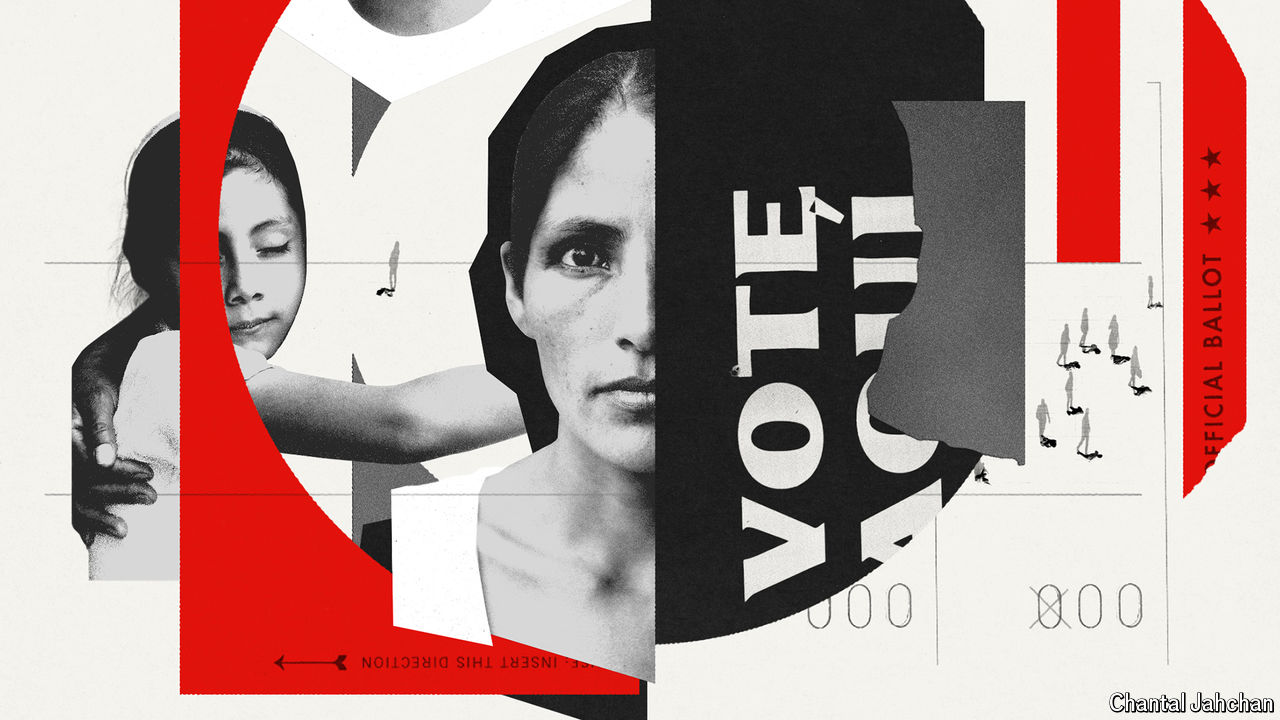- cross-posted to:
- politics@lemmy.world
- cross-posted to:
- politics@lemmy.world
The two percentage points of vote share that Mr Trump has gained since 2020 come from three sources. The largest group is people who supported Mr Biden last time, but are now undecided, backing minor candidates or not planning to vote, who outnumber those making the same shift from Mr Trump’s camp. These voters account for 0.9 points of Mr Trump’s two-point improvement. Undecided former Biden voters are slightly younger, more likely to be black or female and less likely to have attended college than repeat Biden voters.
Mr Trump also enjoys an edge among people entering or returning to the major-party electorate. The share who say they did not vote for either him or Mr Biden in 2020 but have now settled on Mr Trump is 3.7%, slightly above the 3.3% who are choosing Mr Biden. This group adds another 0.3 of a point to Mr Trump’s tally.
The final group, swing voters, is the smallest but also the most impactful. Because people who flip between the two major-party candidates both subtract a vote from one side and add one to the other, they matter twice as much as do those who switch between a candidate and not voting at all. Such voters are rare—just 3% of respondents fall into this category—but Mr Trump is winning two-thirds of them. With 2% of participants shifting from Mr Biden to Mr Trump versus just 1% doing the opposite, swing voters contribute a full percentage point to Mr Trump’s two-way vote share.

The most intriguing pattern in YouGov’s data, however, is probably an equally powerful factor that has nothing to do with ideology. Compared with committed partisans, swing voters are vastly more likely to have children aged under 18: 47% of those flipping from Mr Biden to Mr Trump and 40% of those switching the other way are currently raising children, compared with 22% of repeat Biden voters and 19% of consistent Trump ones. And once the effects of race and parenthood are combined, the disparities are striking.



The Economist thinks that the “Oh I’m socially liberal but economically conservative, I don’t care about human rights abuses so long as they don’t happen in my wealthy neighborhood or make me late for golf/yoga” voters who they’ve always spoken for are the most important ones to chase in this election, shocking